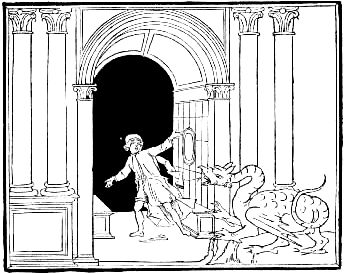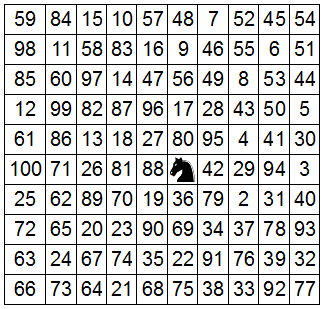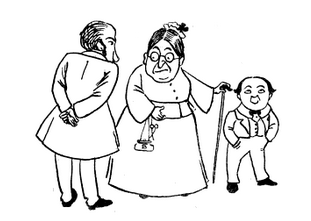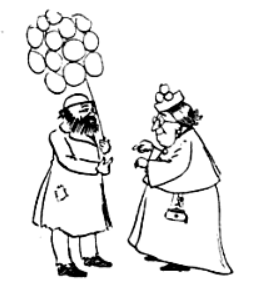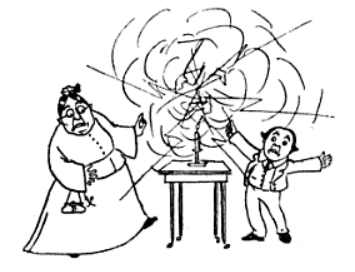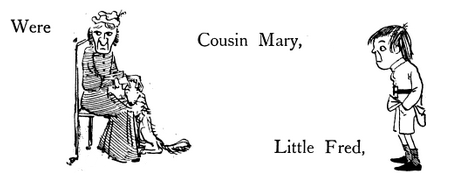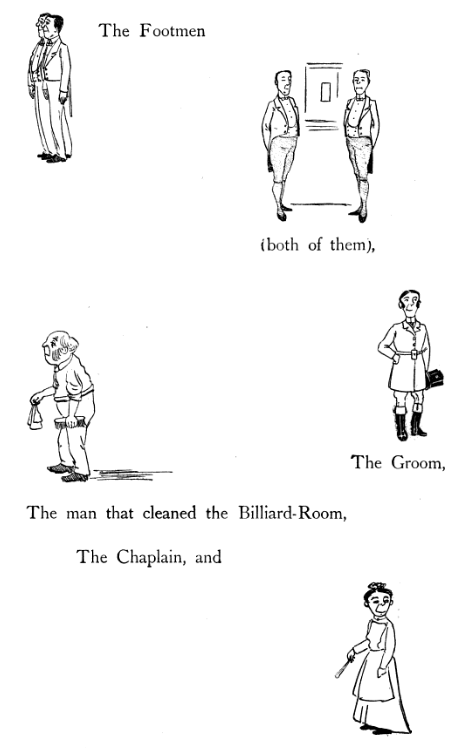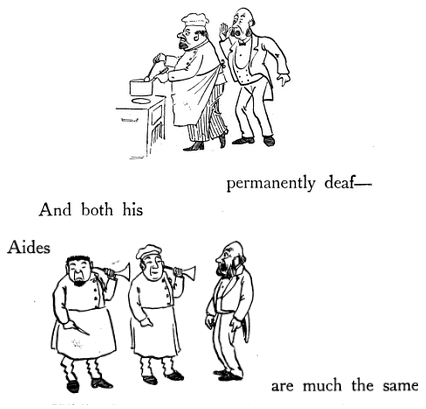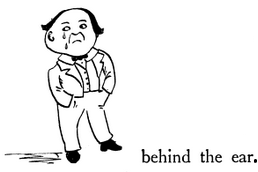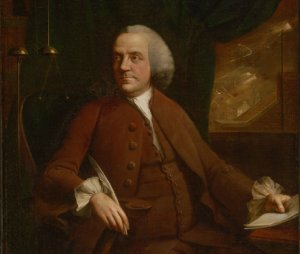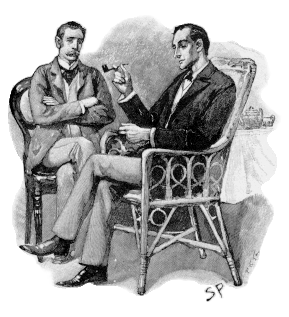
Dismissals of Shakespeare:
- “An upstart crow beautified with our feathers.” — Robert Greene
- “The most insipid, ridiculous play that ever I saw in my life.” — Samuel Pepys, on A Midsummer Night’s Dream
- “His rude unpolished style and antiquated phrase and wit.” — Lord Shaftesbury
- “A disproportioned and misshapen giant.” — David Hume
- “Shakespeare never had six lines together without a fault. Perhaps you may find seven, but this does not refute my general assertion.” — Samuel Johnson
- “I cannot read him, he is such a bombast fellow.” — George II
- “Was there ever such stuff as the greater part of Shakespeare? Only one must not say so.” — George III
- “Shakespeare — what trash are his works in the gross.” — Edward Young
- “One of the greatest geniuses that ever existed, Shakespeare, undoubtedly wanted taste.” — Horace Walpole
- “I have tried lately to read Shakespeare, and found it so intolerably dull that it nauseated me.” — Darwin, Autobiography
- “The undisputed fame enjoyed by Shakespeare as a writer is, like every other lie, a great evil.” — Tolstoy
- “If all the work of Shakespeare could be gathered up and burned in one pile, the world would witness the most beneficial action for the sake of literature since the invention of alcohol.” — Waterloo, Iowa, Times-Tribune, 1920
After seeing Henry Irving’s production of Cymbeline, George Bernard Shaw wrote, “With the single exception of Homer, there is no eminent writer, not even Sir Walter Scott, whom I can despise so entirely as I despise Shakespeare when I measure my mind against his. The intensity of my impatience with him occasionally reaches such a pitch, that it would positively be a relief to me to dig him up and throw stones at him, knowing as I do how incapable he and his worshippers are of understanding any less obvious form of indignity.”

